Watching Selena Quintanilla perform in the early ’90s was, for me, a religious experience. Her thick, brown hair formed a halo as she danced onstage singing “Bidi Bidi Bom Bom,” beaming into my living room with that magnetic smile and signature bedazzled bra—which I tried to replicate, although I had yet to reach puberty.
She was a popular Mexican- American Tejano singer from Corpus Christi, Texas. I was an 11-year-old immigrant from Iran living in Los Angeles and navigating an identity crisis. Witnessing her seamlessly blend dual cultures, in music and style, helped me come to terms with who I wanted to be. Though Selena died young—shot by a friend in 1995—her legacy helps me remember who I had been: a shy junior high schooler who took comfort in creating distance from the outside world in order to recover from it. Listening to Selena now, I’m taken back to my childhood room, where I wrote bad poetry in my journal and choreographed dance routines to her songs, safe from anyone’s judgment but my own.
When MAC Cosmetics recently debuted their Selena-inspired collection, I was ecstatic to have a tangible way of revisiting my youth. The limited-edition products bearing the names of her hits—like a dirty cherry red lipstick called “Como La Flor”—come in royal purple packaging stamped with Selena’s signature, and sold out the day they debuted.
This was more than makeup. The cosmetics brought me back to a time when my world was more intimate and less contrived. They offered a reprieve from the calamitous 24-hour news cycle and extended virtual audiences that have come to construct my reality, and thus my constant anxiety. I could mentally relocate, if only momentarily, for a price.
Sixteen years after the new millennium, the ’90s have been revived in everything from food to film to fashion. Capitalizing on a generation that’s prone to “early onset nostalgia,” according to Jamie Gutfreund of global marketing agency Deep Focus, brands are seizing the moment and peddling millennials’ childhood back to them, to extremely profitable effect. Jurassic World’s 2015 premiere, 22 years after Jurassic Park became a cult classic, broke global box office records raking in over $500 million. Pokémon burst back onto the scene via an ingenious app-based makeover, becoming, yet again, a cultural phenomenon. Friends of mine scrambled to buy tickets to the “MY2K” reunion tour featuring former boy band sensation 98 Degrees, and MTV Classic arrived in the summer, bringing back programming from its heyday. For the first time in years, I was signing up for cable and coaxing my feet into a pair of jelly sandals.
The compulsion to cocoon ourselves in the warmth of nostalgia is deeper than clever marketing tactics or the cyclical nature of trends. These goods and entertainment offer real-time access to the safe space of our youth, the ability to re-experience the actual things that rooted us in that time. We aren’t just buying back childhood—we’re buying back something our digital lifestyles have robbed us of: the ability to reflect. It’s a coping mechanism in a world that’s changing too fast, a world that feels wholly unstable. Life feels ambiguous, frightening even.
Unlike our parents, who experienced a slow burn when it came to technology, and the current generation, who can’t recall a time when we weren’t constantly plugged in— millennials are perpetually stuck in the middle. We can easily navigate the incessant stream of information, but we also remember when free time meant venturing outside, teenage affection was demonstrated through a mix CD, and delivered goods took up to 28 days to reach us. We are the last generation to remember life before the internet consumed us, the ones who could turn it off simply by disconnecting the phone line.
We’ve also come of age during a time when achieving success through hard work hasn’t really held up. After inheriting a crumbling economy and finding it increasingly difficult to participate in the great American Dream milestone of home ownership, the urge to transport ourselves back to carefree adolescence feels natural.
We’re in a bit of a cultural purgatory, but by purchasing the past, and incorporating it into the present, our foundations stabilize. When Selena died, I was devastated. I felt like a piece of myself disappeared along with her. It may sound trivial, but applying the MAC x Selena wine-red “Dreaming of You” lipstick makes me feel a little more human, a little less machine. I’ll happily spend $18 for a portal into palpability, a chance to remember my younger self and look into a real mirror, instead of a virtual one.















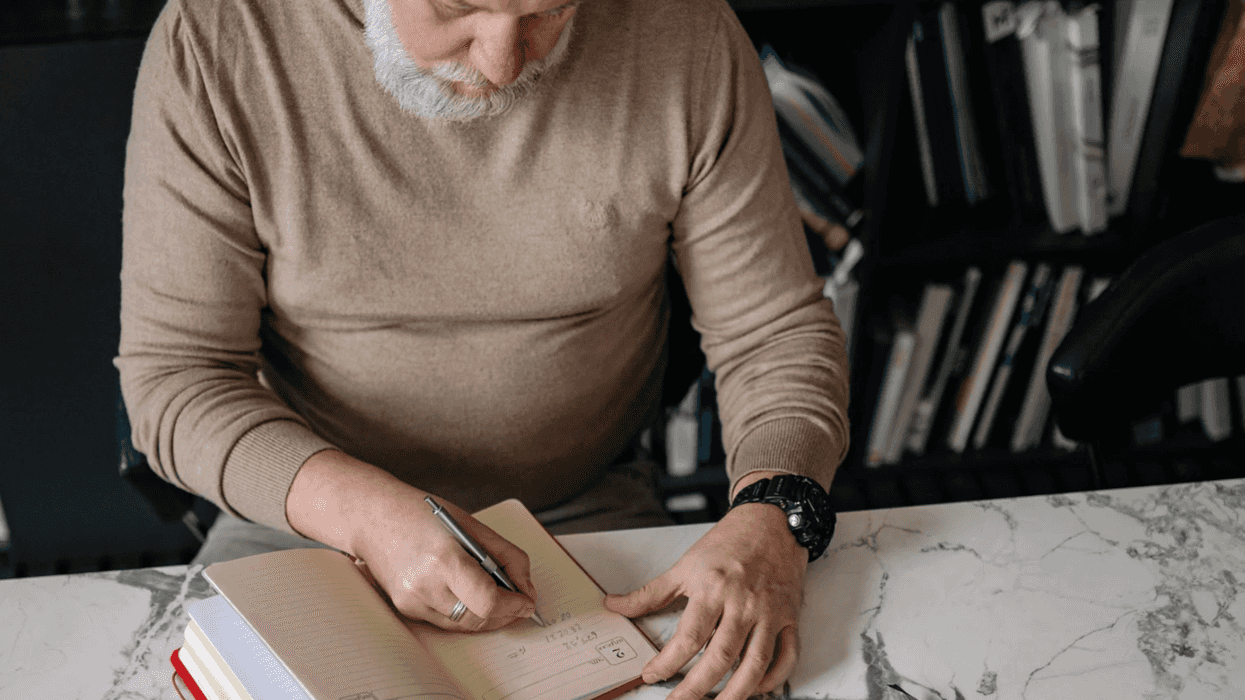

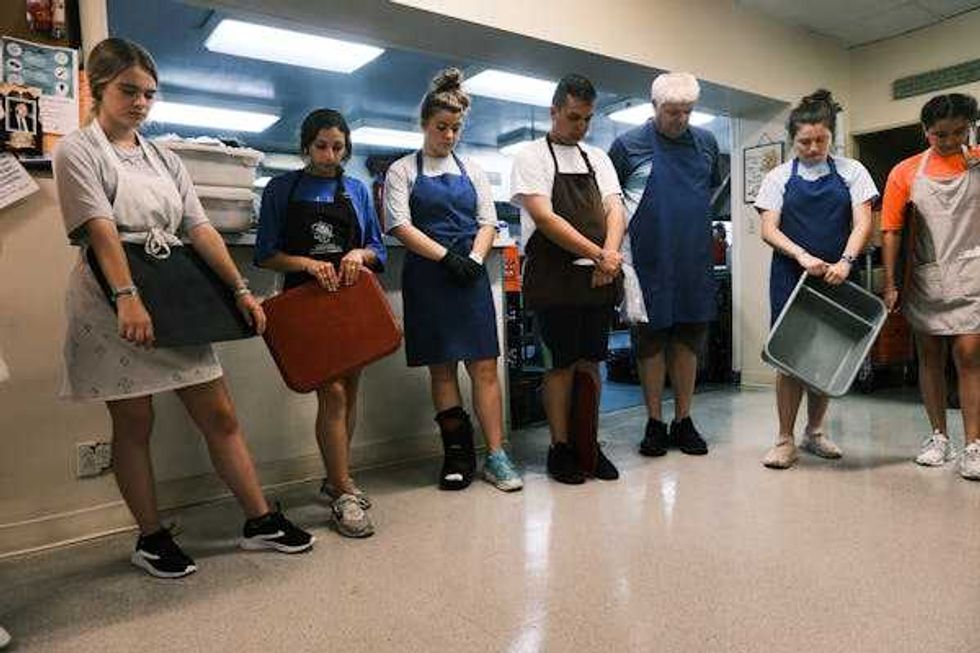 Volunteers at the St. Francis Inn pray together before serving a meal on July 19, 2021.
Volunteers at the St. Francis Inn pray together before serving a meal on July 19, 2021.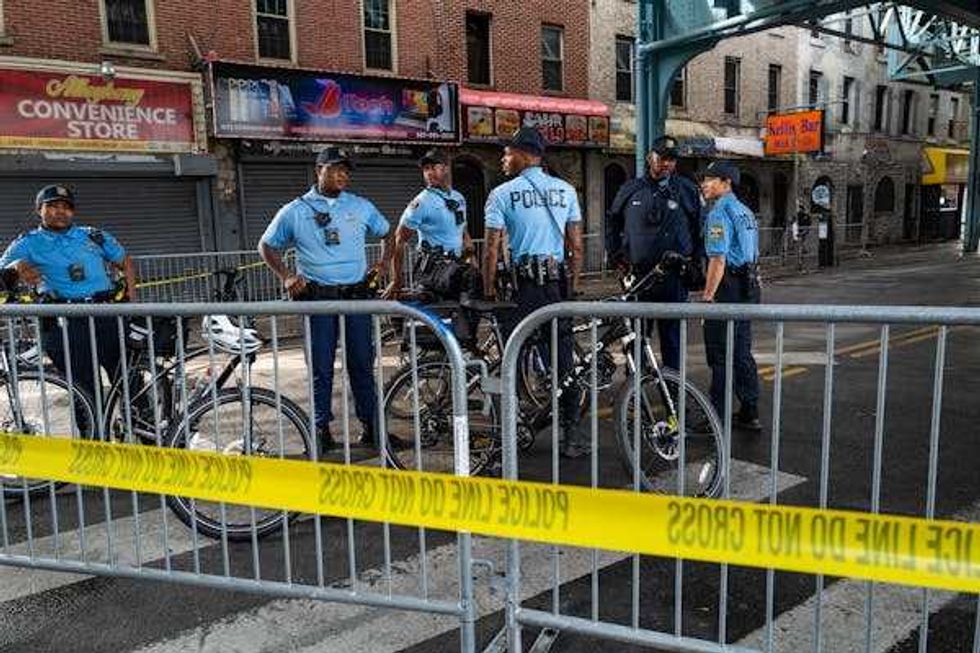 Police close down a section of Kensington Avenue to clear a homeless encampment on May 8, 2024.
Police close down a section of Kensington Avenue to clear a homeless encampment on May 8, 2024.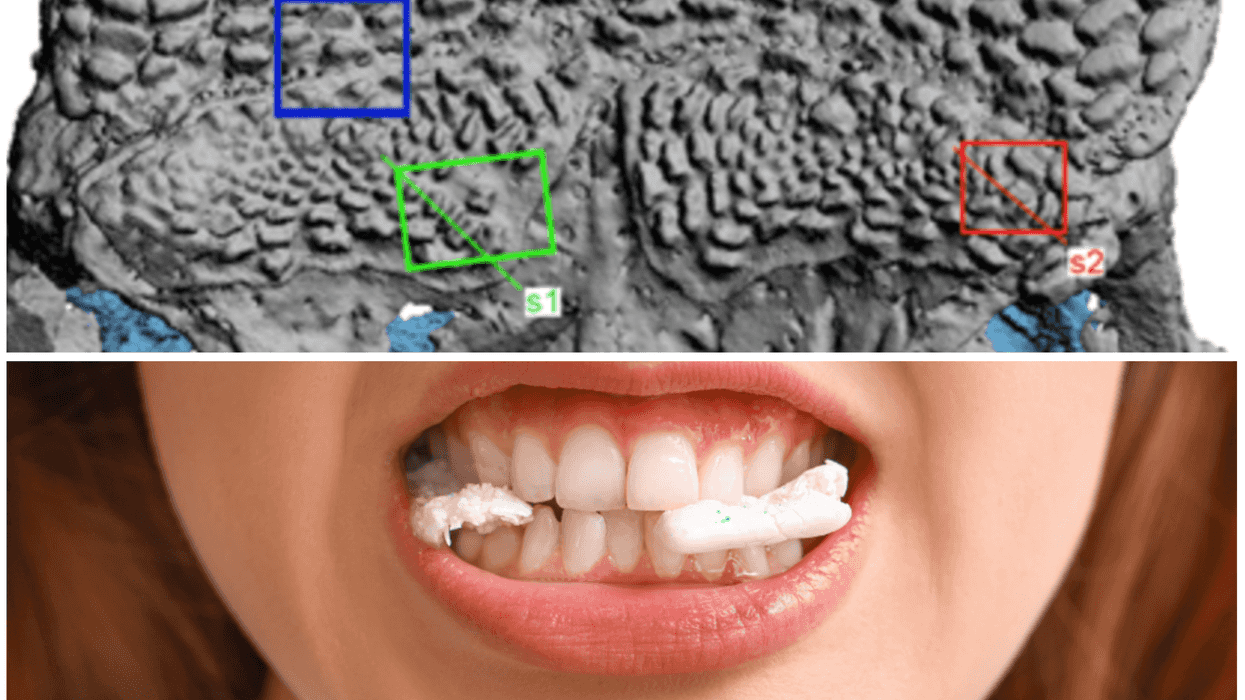
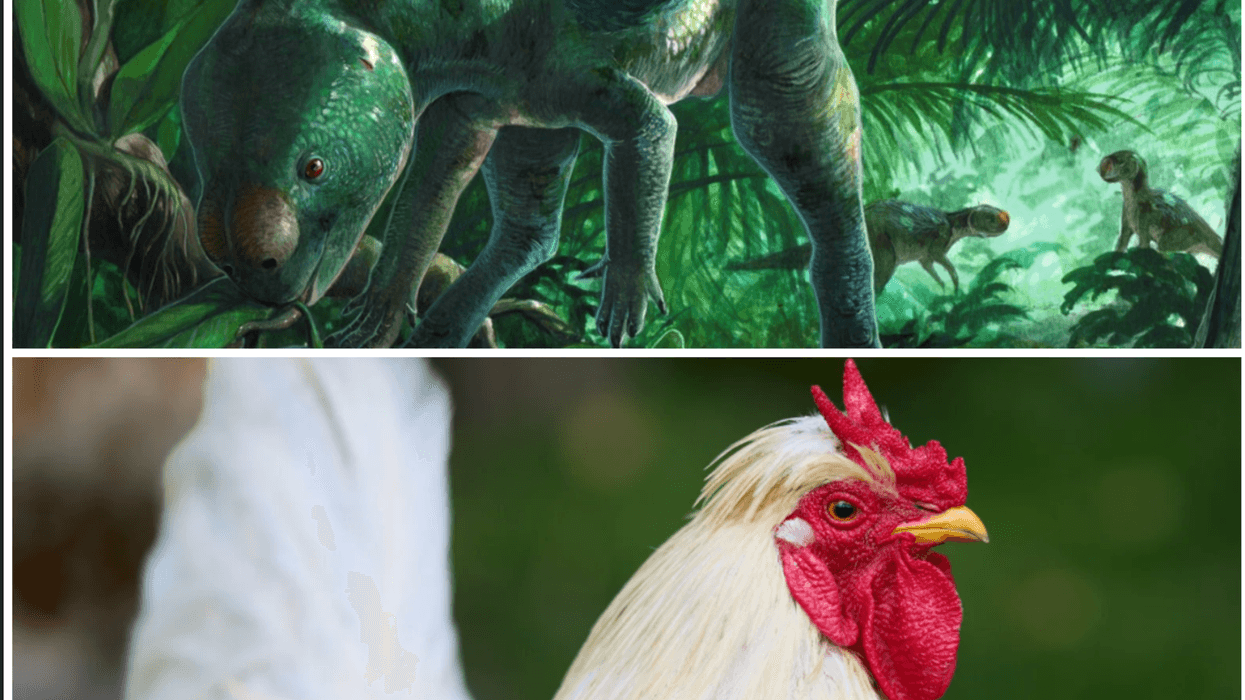
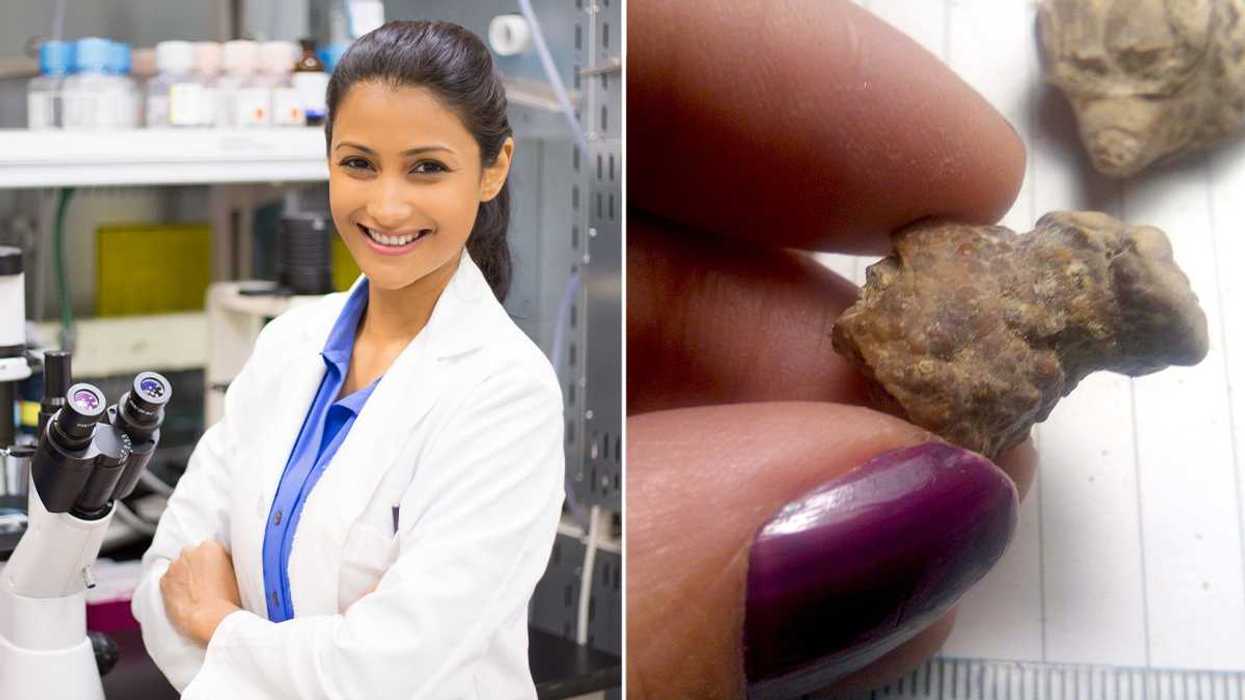
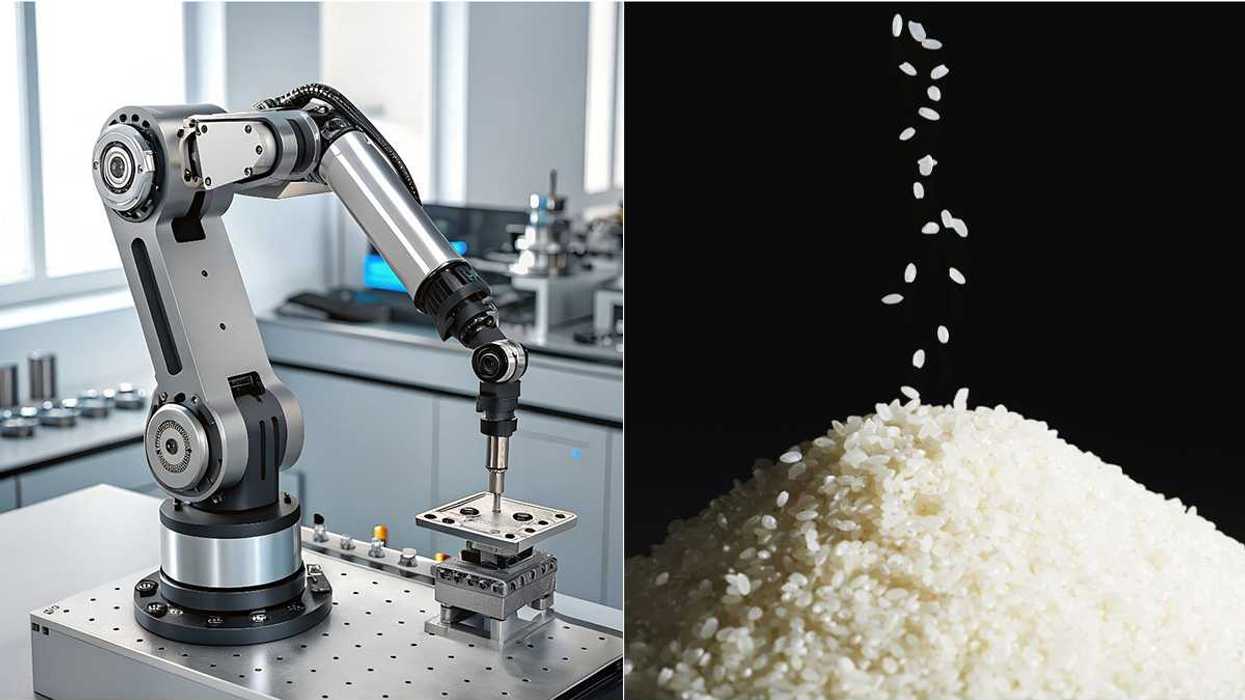 Left: A robotic arm. Right: Rice grains.Photo credit:
Left: A robotic arm. Right: Rice grains.Photo credit:  A diagram on kidney stones.myupchar/
A diagram on kidney stones.myupchar/ 
 A couple engages in a serious conversationCanva
A couple engages in a serious conversationCanva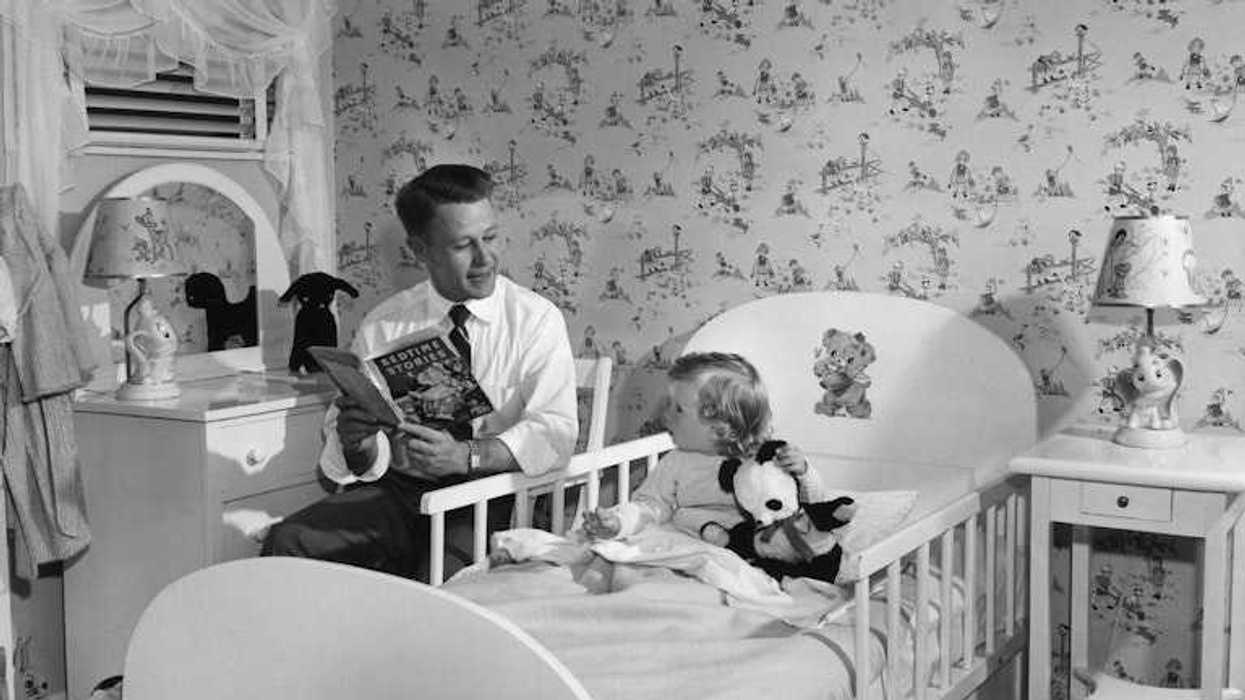
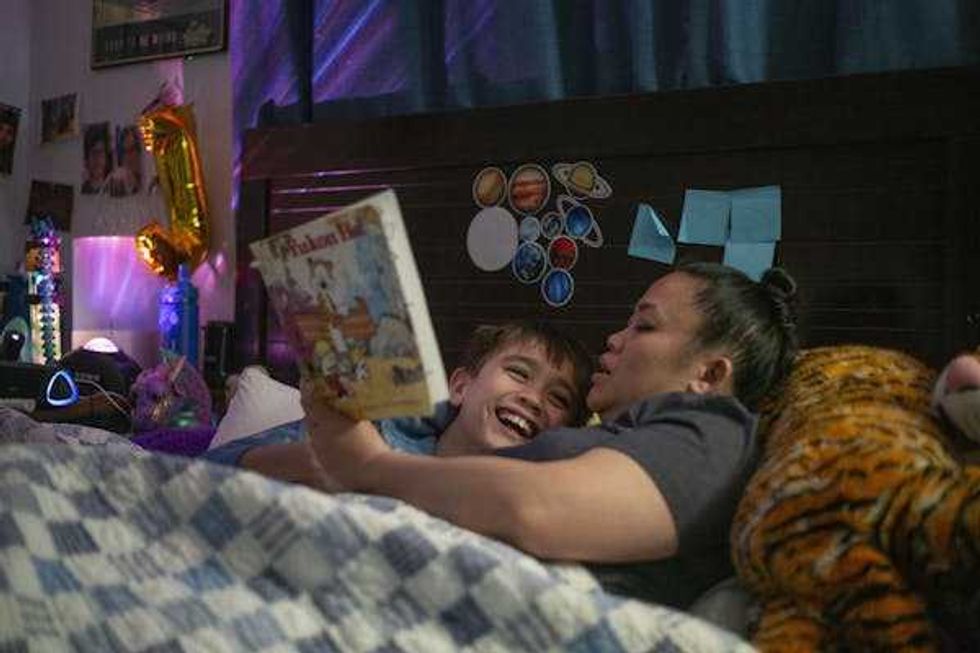 Christy Lam-Julian, a mother in Pinole, Calif., reads to her son in April 2025.
Christy Lam-Julian, a mother in Pinole, Calif., reads to her son in April 2025.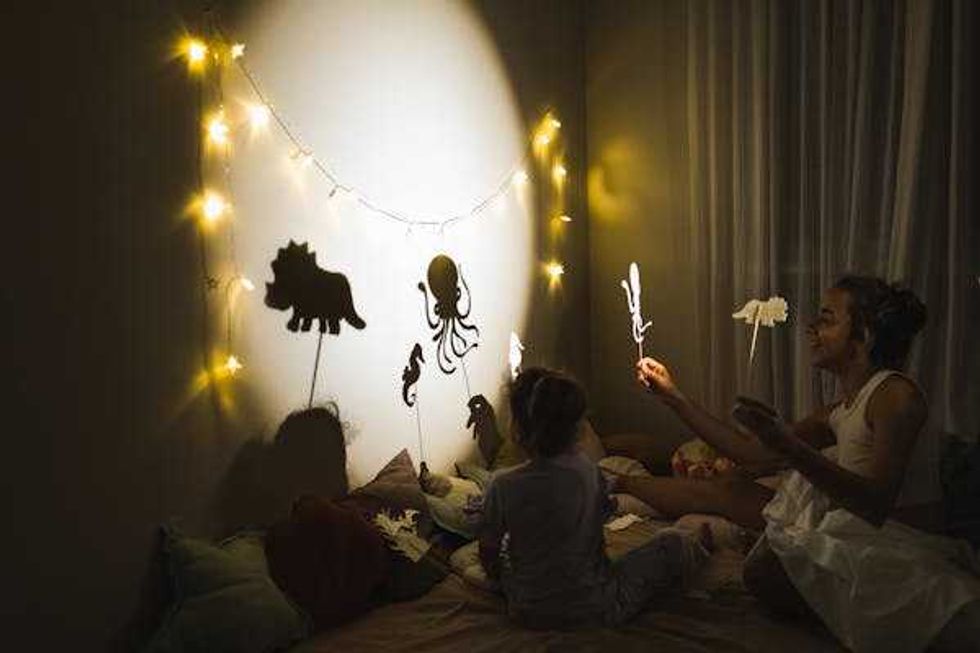 Children who read bedtime stories with their parents are likely to benefit from a boost in creativity – especially if they consider questions about the books.
Children who read bedtime stories with their parents are likely to benefit from a boost in creativity – especially if they consider questions about the books.